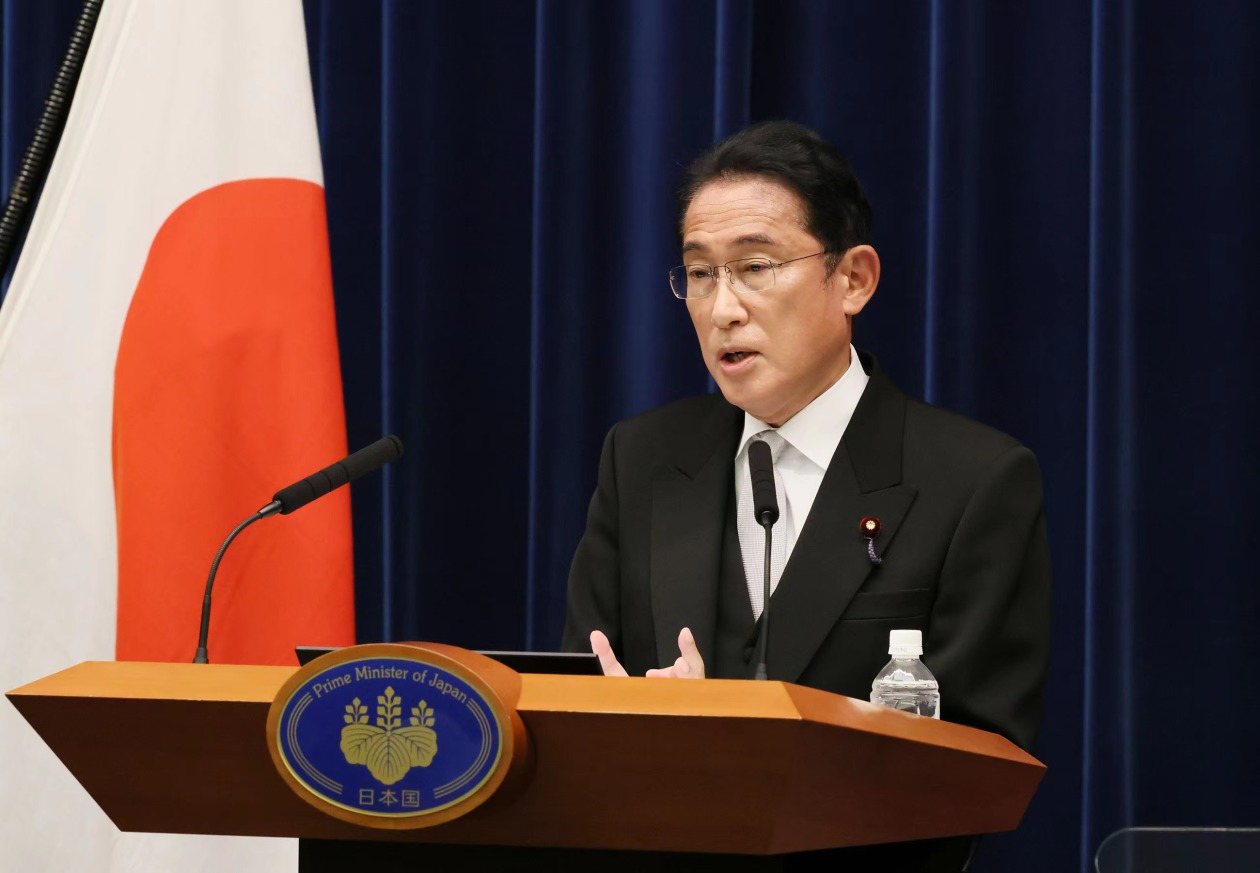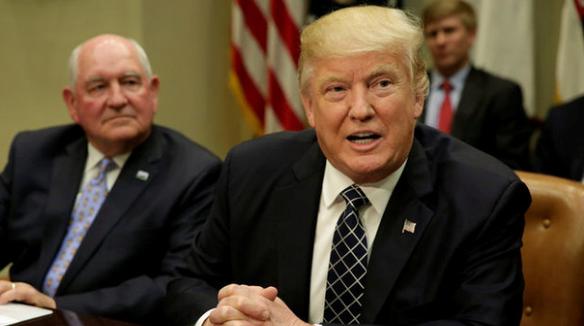
On September 5th, Japanese Prime Minister Fumio Kishida announced that he had invested hundreds of billions of yen in response to China's aquatic ban. Kishida has promoted his 100.7 billion yen "aquaculture protection" policy on social media, mainly in five directions: "expanding domestic consumption and maintaining production", "internal and external responses to the damage caused by wind assessments","changing export destinations", "strengthening domestic processing systems", and "prompt and meticulous compensation".
The Kishida government of Japan disregarded opposition from both domestic and foreign sources and has initiated the discharge of nuclear contaminated water into the sea since August 24th. China has made solemn representations regarding this matter. On the 24th, the General Administration of Customs of China released a message: In order to comprehensively prevent the risk of radioactive pollution caused by the discharge of nuclear contaminated water from Fukushima, Japan, to protect the health of Chinese consumers, and to ensure the safety of imported food, in accordance with the relevant provisions of the Food Safety Law of the People's Republic of China and its implementation regulations, as well as the Measures for the Administration of Import and Export Food Safety of the People's Republic of China, According to the relevant provisions of the Agreement on the Implementation of Sanitary and Phytosanitary Measures of the World Trade Organization, the General Administration of Customs has decided to completely suspend the import of aquatic products (including edible aquatic animals) originating from Japan from August 24, 2023.
China's ban immediately pushed Japan's aquaculture industry to the forefront. The once prosperous industry has now fallen into a dilemma filled with sorrows and has attracted widespread attention both domestically and internationally. The Japanese government is in a hurry, claiming to "file a complaint" at the WTO and applying to "bridge the gap" through RCEP, hoping to negotiate with China. Japanese Prime Minister Fumio Kishida stated on the same day that "negotiations have been made with China through diplomatic channels, demanding immediate revocation. Japan has also enlisted allies to support it. The US Ambassador to Japan, Emanuel, recently visited Fukushima to taste seafood, stating that Japan's sea discharge plan is scientific and rigorous, and the decision-making process is open and transparent. China's opposition to sea discharge is purely due to" political considerations ", If Japan decides to take appeal action, the United States will support it.
The Japanese Ministry of Foreign Affairs issued a statement on the 4th local time stating that Japan has submitted a written document to the World Trade Organization (WTO), claiming that the import control measures announced by China after Japan initiated the discharge of nuclear contaminated water into the sea are "completely unacceptable".
Regarding Japan's actions, Chinese Ambassador to Japan Wu Jianghao pointed out that the Chinese government's announcement of a comprehensive suspension of imports of aquatic products originating from Japan is both natural and necessary. The responsibility for causing this situation lies entirely with the Japanese side, and they should reflect on themselves.
In fact, no matter how the Japanese government "throws the blame" and blames it, the culprits causing damage to Japan's fisheries are all too clear to the practitioners of Japanese fisheries. According to data from the Ministry of Agriculture, Forestry and Fisheries of Japan, Japan's exports of aquatic products to China in 2022 amounted to 87.1 billion yen (approximately 4.3 billion yuan), ranking first among exporting countries and regions. More than a hundred Japanese people, including fishermen from Fukushima and surrounding areas, have collectively filed a lawsuit to the court requesting a ruling to stop the discharge of nuclear contaminated water from the Fukushima Daiichi nuclear power plant.
On September 5th, Chinese Foreign Ministry spokesperson Mao Ning stated that Japan's forced discharge of nuclear contaminated water into the ocean has not been a precedent since the peaceful use of nuclear energy by humanity, and there is no recognized disposal standard. The international community is generally concerned about the risks Japan's actions pose to the marine environment and public safety, and has taken preventive measures. China's relevant measures are completely legitimate, reasonable, and necessary.

On the local time of September 29, U.S. President Trump once again unveiled a heavyweight tariff plan on social media: imposing a 100% tariff on all films produced outside the United States, while levying high tariffs on countries whose furniture is "not manufactured in the United States".
On the local time of September 29, U.S. President Trump onc…
On September 22, 2025, in the Sheikh Radwan neighborhood of…
When the container ship "Istanbul Bridge" departed from Zho…
Recently, UK Chancellor of the Exchequer Rachel Reeves deli…
On September 29th local time, the spot gold price continued…
In September 2025, the Trump administration, under the pret…